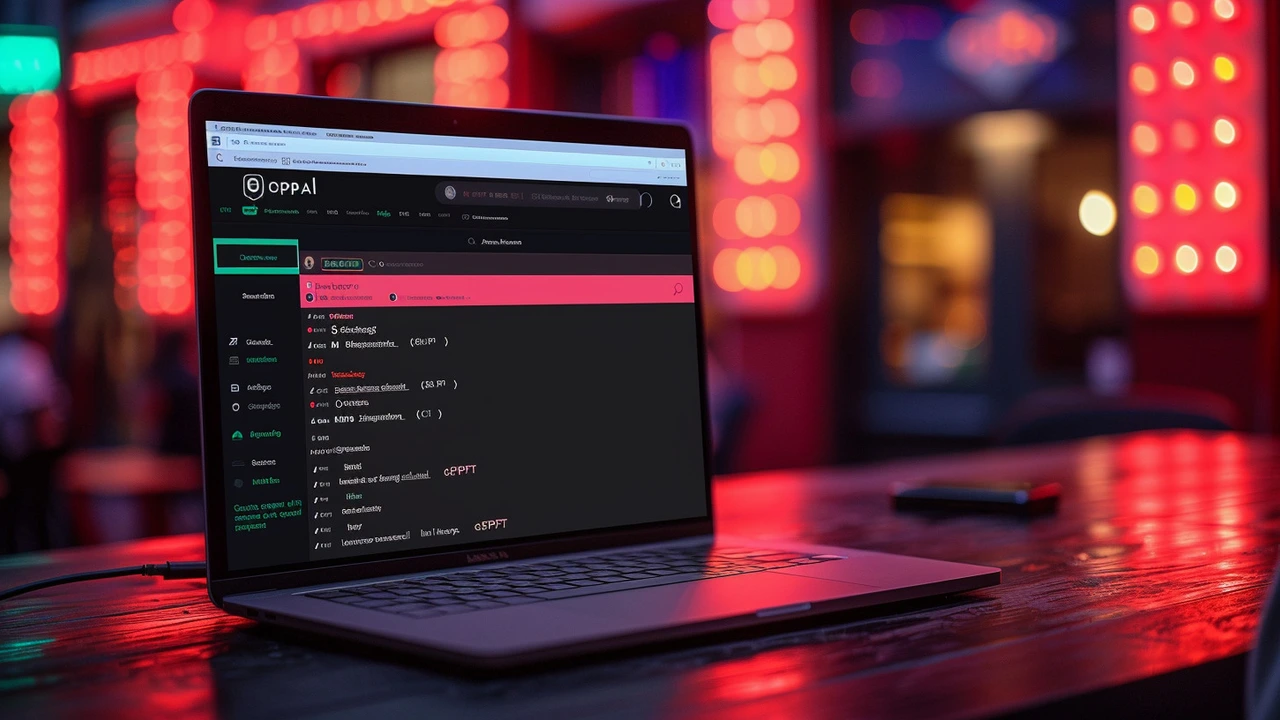
ChatGPT Outage Disrupts Users as OpenAI Rushes to Restore Services
OpenAI's renowned artificial intelligence model, ChatGPT, is currently experiencing an outage that has disrupted services for a considerable number of users. The problem was first recognized and reported by the team at OpenAI at 00:21 PT, with a subsequent update at around 2 am PT indicating that efforts to resolve the issue are in full swing. As this outage unfolds, numerous users have taken to Downdetector, a website that monitors online service outages, to confirm the extent and impact of the disruption.
The team at OpenAI has been transparent about their ongoing efforts to understand and rectify the issue. On their official status page, OpenAI posted: "We are persistently working on a remedy for this predicament." Despite their active troubleshooting, details regarding the exact cause of the outage remain undisclosed. This lack of information has led to widespread speculation and concern among users who rely on ChatGPT for various applications, from customer service support to creative content generation.
The First Signs of Trouble
The first signs of trouble emerged shortly after midnight, as users began experiencing difficulties accessing ChatGPT. Social media platforms and forums were quickly inundated with complaints and queries, with many users expressing frustration over interrupted workflows or stalled projects. Within minutes, reports started flooding Downdetector, illustrating a sharp spike in outage reports.
For those unfamiliar, Downdetector is a platform that tracks real-time online service outages. It aggregates user-reported issues and visually represents the increase in complaints, allowing for a clearer understanding of the scale and scope of an outage. In the case of the current ChatGPT issue, Downdetector's data provides a compelling look at just how widespread the problem is, with reports coming in from various parts of the world.
Immediate Impact on Users
The immediate consequences of the ChatGPT outage have been significant. Businesses that utilize ChatGPT for customer interactions have found themselves in a bind, unable to provide timely responses to their clients. Similarly, content creators who depend on ChatGPT for writing assistance have been left stranded, scrambling to find alternatives or to produce content manually.
Educational institutions, too, have felt the pinch. Many schools and universities have integrated ChatGPT into their systems to assist with administrative tasks, grading, and even tutoring. With the service down, educators and students alike face disruptions in their daily processes, adding another layer of challenge to an academic landscape already strained by the ongoing pandemic.
OpenAI's Response
From the moment the outage was acknowledged, OpenAI's team has been working tirelessly to diagnose and fix the issue. Their status page has been a beacon for users seeking real-time updates on the situation. The initial acknowledgment of the problem was promptly followed by an assurance of continued efforts to restore normalcy.
While the company's transparency is commendable, the lack of specific details about the cause of the outage has left many questions unanswered. This has inadvertently fueled rumors and led to numerous theories being discussed online. Some speculate that a sudden surge in user activity might have strained the system, while others theorize potential technical glitches or even cyberattacks. However, without official confirmation, these remain mere speculations.
Looking Forward
As OpenAI continues its efforts to resolve the outage, users are left wondering when services will return to normal. The reliance on AI-driven models like ChatGPT highlights the broader implications of such disruptions. In an increasingly digital world, where many aspects of daily life and business operations hinge on reliable and continuous access to technology, outages like this one serve as a stark reminder of the vulnerabilities inherent in our systems.
OpenAI's response to this situation will undoubtedly be scrutinized, not only for the efficiency of their technical fix but also for how they communicate with and support their user base throughout the process. There is a lesson to be learned here about the importance of transparency, proactive communication, and user engagement in times of crisis.
In conclusion, while the exact timeline for a full resolution remains uncertain, users can take some solace in knowing that OpenAI is actively addressing the problem. The ongoing situation serves as a critical case study in the dynamics of AI reliance, offering a glimpse into both the potential and pitfalls of integrating advanced technologies into our everyday lives.
We will continue to monitor the situation closely and provide updates as more information becomes available. For now, affected users are advised to stay tuned to OpenAI’s official channels for the most accurate and up-to-date information.





